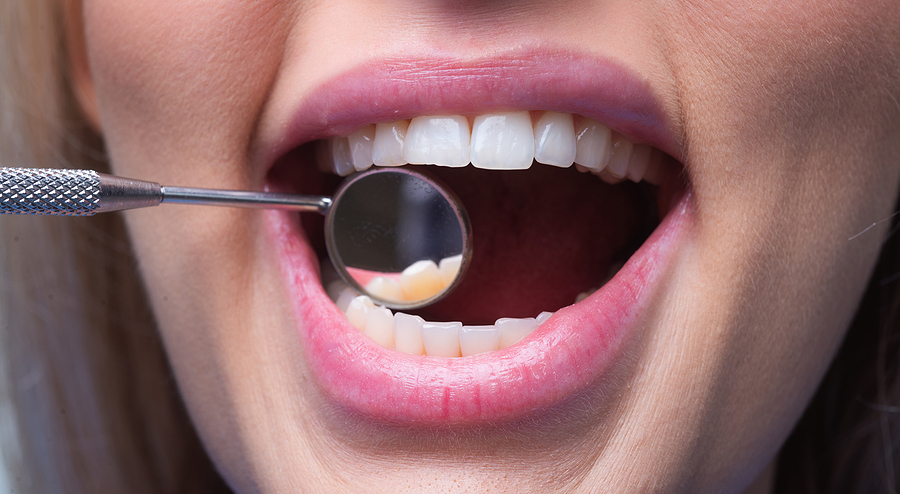How to Get Rid of Bad Breath?
Posted by HEALTHY SMILES OF BIRMINGHAM on Jan 21 2021, 10:32 AM
Bad breathing is also known as halitosis; it is defined as an unpleasant or offensive odor emanating from the breath regardless of whether the odor originates from oral or non-oral sources. Bad breath is classified into genuine halitosis, pseudo halitosis and, halitophobia.
Genuine halitosis is defined as the obvious malodor with an intensity beyond a socially acceptable level perceived. The intra-oral causes of genuine halitosis are poor oral hygiene, dental caries, periodontal disease, NUG, NUP, periodontitis, pericoronitis, dry socket, tongue coating, or oral carcinoma. The Extra-oral causes of genuine halitosis are gastrointestinal disease, chronic sinusitis, and tonsillitis if any organs of the body are affected by systemic disease.
Pseudo halitosis is defined as an obvious malodor that is not perceived by others, although the patient stubbornly complains of its existence. Halitophobia is a condition where people think they have halitosis even after the treatment of genuine halitosis. The causes of halitophobia are exaggerated fear of having halitosis or delusional halitosis.
Certain tests used to diagnose bad breath are whole mouth malodor, wrist lick test, spoon test, dental floss test, and saliva odor test. Bad breath can be reduced by lowering the risk of gum disease and consistently practice good oral hygiene. Further treatment for bad breath can vary, depending on the cause. If your bad breath is due to the buildup of bacteria on your teeth, a dentist may recommend a mouth rinse that kills the bacteria. Your dentist may also recommend a toothpaste that contains an antibacterial agent to kill the bacteria that causes plaque buildup.
Bad breath can be prevented in many ways; Brush your teeth after you eat using fluoride-containing toothpaste at least twice a day. Floss at least once a day, as proper flossing removes food particles and plaque from between your teeth. Brush your tongue; your tongue harbors bacteria. Brushing the tongue can reduce odors.
If you are a denture wearer, clean your denture properly after every meal, and don't keep it in the oral cavity at night. Keep your mouth moist, avoid tobacco, and increase the intake of fluid but not coffee or alcohol. Chew gum or suck on candy to stimulate saliva.
Adjust your food and avoid intake of onions and garlic. A lot of sugary food can also increase bad breath. Also, change your toothbrush when it becomes frayed, about every three to four months. And choose a soft-bristled toothbrush, Schedule regular dental checkups.
More Blog Posts

How to Prevent Gum Disease: Tips for a Healthy Smile

Why Cosmetic Dentistry Isn’t Just About Looks: Functional Benefits Explained

Understanding Root Canals: A Comprehensive Guide to Saving Your Teeth

Understanding Sleep Apnea: Causes, Treatments, and Solutions in Birmingham, AL

Comprehensive Care with Oral Surgery in Birmingham, AL
